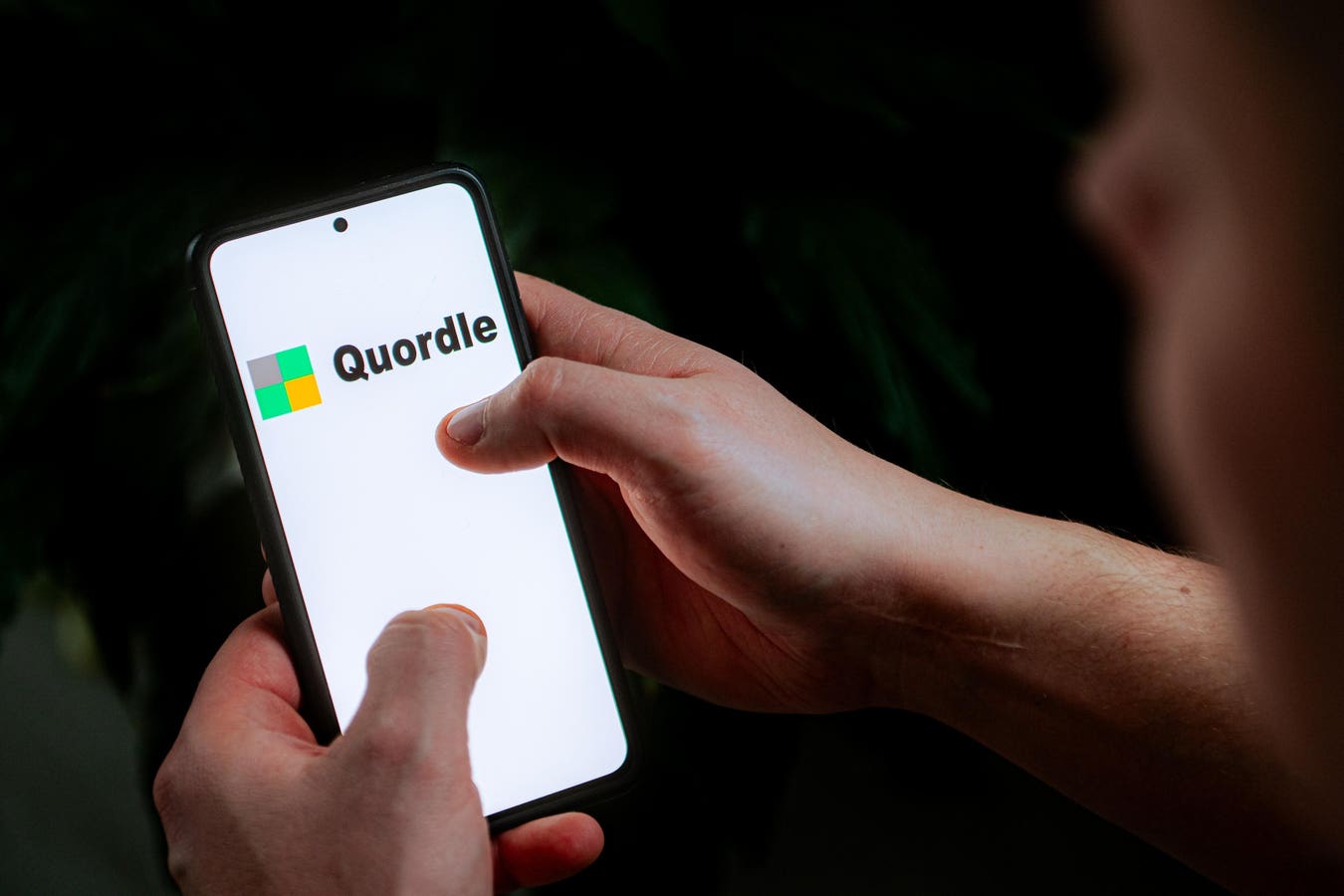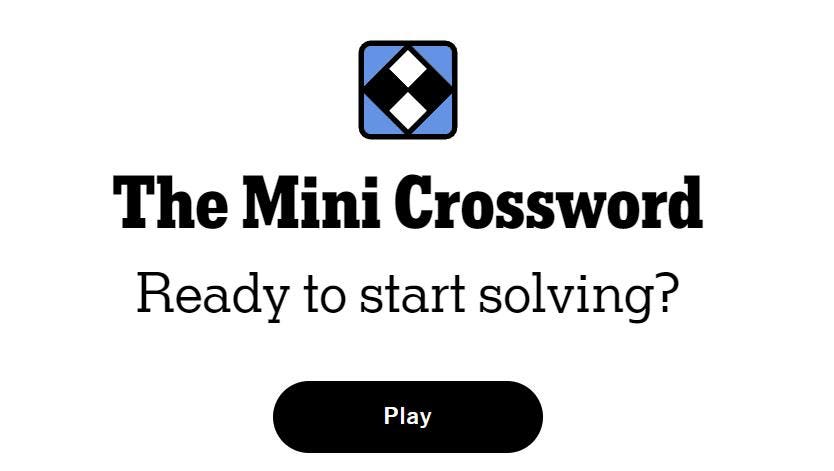ElliQ, let’s talk!
Intuition Robotics
Japan’s Kanematsu Corporation and Intuition Robotics announced today a partnership to co-develop a Japanese market version of Intuition’s AI companion robot ElliQ, providing emotional support, cognitive stimulation, and health and wellness assistance to older adults. Kanematsu, a general trading company, has invested in Intuition Robotics, bringing total equity funding raised by the company to $85 million.
The proliferation of online chatbots and their growing use have raised questions about their potential as helpers or destroyers of our emotional well-being. Earlier this year, an Elon University survey found that 52% of U.S. adults have used chatbots like ChatGPT and 38% believe they could form deep relationships with humans.
Over the past nine years, Intuition Robotics has conducted a longitudinal study to explore how AI can provide health and wellness support to older adults. It developed ElliQ, a small robot purposely designed not to have a human-like face, to avoid a deceptive experience for users. Unlike popular chatbots, which respond to user prompts, ElliQ proactively engages, remembers conversations, and encourages participation in daily activities, thus stimulating both the mind and body of its users.
Partnering with government agencies and health organizations in the U.S., Intuition Robotics has gained rich insights and empirical data about the interactions of ElliQ with its users: 97% of users report improvement in their overall health and wellness, and 94% experience a reduction in loneliness; 85% feel more connected to the outside world, and 90% report an improvement in overall quality of life.
ElliQ initiates 60% of the interactions, starting conversations, suggesting activities, providing timely medication reminders, and setting specific goals together with its users. Retention is high, and users who have had ElliQ for two years have 40 daily interactions with it on average. A recent Wired review said “she’s easy company,” offering “cheerful, encouraging, and even a sympathetic ear.”
When LLMs emerged to redefine our online interactions, Intuition Robotics was ready with an experienced and impactful AI companion. “[Generative AI] is a game changer for us,” Dor Skuler, Intuition Robotics co-founder and CEO, told me last year. Now ElliQ could have a conversation on any topic, talking like a personalized and customized AI, “not like a generic LLM,” said Skuler. “ElliQ continues to be very contextual and goal-oriented.”
Early this year, Intuition Robotics launched a “Caregiver App,” serving the 48 million adults in the U.S. who provide unpaid care to another adult, allowing them to manage and monitor care remotely. A few months ago, it launched a “Wellness Coach,” allowing ElliQ users to actively set, control, and adjust their own wellness goals in 4 key areas: Physical exercise, cognitive training, stress reduction, and sleep. While most wellness apps retain just 3–4% of users after a month (30% for human coaches), Wellness Coach keeps 87% engaged. After three months, 76% are still participating, and 35% have already met or surpassed their goals, Intuition Robotics has found.
Adhering to the methodical scientific spirit of his startup, Skuler told me, “We’re not running a sprint in this company, we’re not trying to do a quick flip and make money. We’re trying to build a long-term business, and it will take however long it will take.” That sounded very much like what you would hear from Japanese business leaders, given their appreciation, ingrained in Japanese culture, of long-term stability and endurance. This value-driven affinity could help explain, I think, why the Japanese market is where Intuition Robotics found the first co-developer of a local version of ElliQ.
There is a significant business rationale, however, for the move. The number of people in Japan aged 65 and above is growing, and this group made up 29.1% of the total population in 2024, more than in any other country in the world. An increasing number of elderly adults are experiencing loneliness compared with 2018, a government white paper on the country’s aging society found.
In 2021, the government appointed a minister responsible for addressing loneliness and social isolation. The following year, legislation was passed formally designating these problems as matters of national concern and obligating local governments to implement countermeasures.
As a result, there is an increasing availability and use in Japan of online chatbots and AI apps that address loneliness, mental health support, and even dementia care. Japan and its elderly population are ready to embrace ElliQ.









